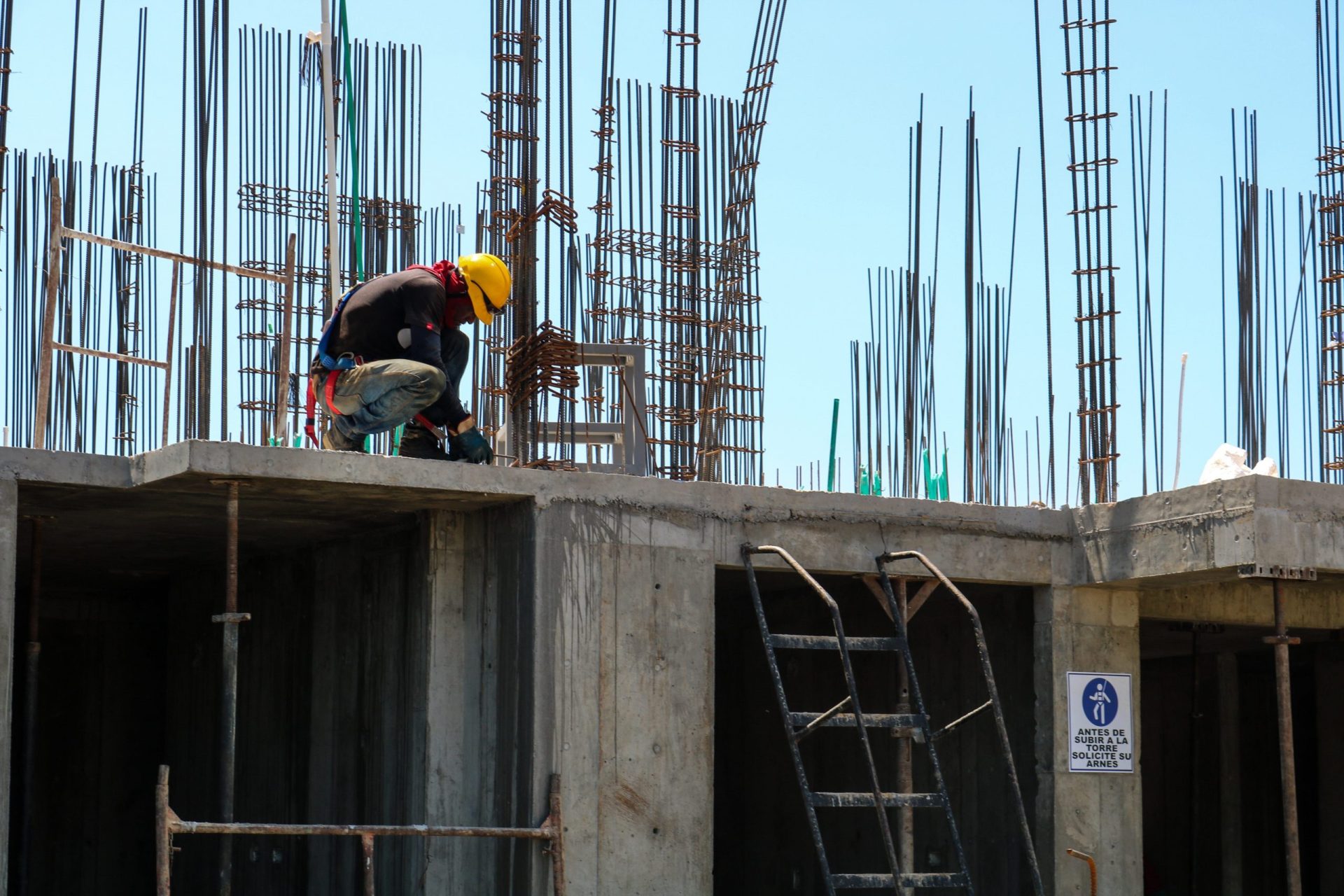The construction sector in Qatar is benefiting from a thriving real estate market, particularly outside the capital.
The construction market in Qatar is projected to be valued at $57.68 billion this year and forecasted to reach $89.27 billion by 2028, according to a recent market research report.
During the forecast period, it is expected to grow at a compound annual growth rate of 9.13%, Mordor Intelligence’s report called “Qatar Construction Market Report (2023-2028),” said.
The Qatari government has implemented the 2050 Transport Plan, which includes 22 new projects worth $2.7 billion set to be awarded in 2023. Some developments, such as the metro system, modern highways, the Museum of Islamic Art, and the National Museum of Qatar, have transformed Qatar into a popular travel destination.
Prestigious hotels and tourist facilities that combine heritage with sophisticated and modern luxury, as well as various sites and attractions throughout the nation, are also among the infrastructure that have been heavily invested into by authorities in Qatar.
The Qatar construction market consists of both local and regional players. The Gulf country has undertaken various large-scale infrastructure projects and invited international companies to participate. Key players in the Qatar construction market include QD-SBG Construction WLL, Gulf Contracting Co. WLL, Qatari Diar Vinci Construction QSC, HBK Contracting Co. WLL, AlJaber Engineering WLL, among others.
As Doha looks to diversify the economy beyond its dependence on the oil and gas sector, infrastructural development becomes the looming target.
The country has established economic free zones to attract multinational companies. Qatar’s investment in infrastructure modernisation is increasingly transforming it to becomes a major global transportation hub, with priorities including airport development, an extensive metropolitan network, upgraded roadways, and the growth of emerging cities.
The construction sector in Qatar is benefiting from a thriving real estate market, particularly outside the capital.
Despite an overall decline, the number of building permits issued in October 2021 saw a significant year-on-year increase in the five municipalities, with Al Daayen, Al Rayyan, and Al Wakra accounting for 65% of the total permits issued, according to the Planning and Statistics Authority.
More recently, the number of building permits issued in May 2023 saw a 17.5% year-on-year increase in the eight municipalities. According to PSA, 758 building permits were approved in May 2023, a stark difference from the previous month which saw just 383 permits.
The latest developments in the Qatar construction market include Tadmur Trading’s collaboration with Henkel Polybit in November last year to supply premium building chemicals to the local market.
In January 2022, the Qatari transport minister announced the construction of the 2,177 km Gulf Railway, connecting Qatar with Saudi Arabia, with an estimated cost of $250 billion divided among the six nations based on the length of the rail network within their respective territories.
Separately, Qatar’s economy is seen as unlikely to be impacted by changes in global oil prices due to growth from its non-hydrocarbon sector, the Gulf state’s finance minister told Bloomberg in May.
“We are in good shape, because now the growth is coming from the non-hydrocarbon sector, so really we don’t care about the movement in the oil prices,” Qatar’s Minister of Finance Ali Al Kuwari said at the Qatar Economic Forum.
Meanwhile, the non-energy sector recovery in the Gulf Cooperation Council region is aided by tourism in both Qatar and Saudi Arabia.
The GCC is insulated from the global “rocky recovery” and will grow by 3.2% in 2023 as countries push ahead with their national visions, according to PwC’s latest report.
The non-oil economy is recovering, even in the hardest-hit sectors, fuelled in part by a return of expat populations.







